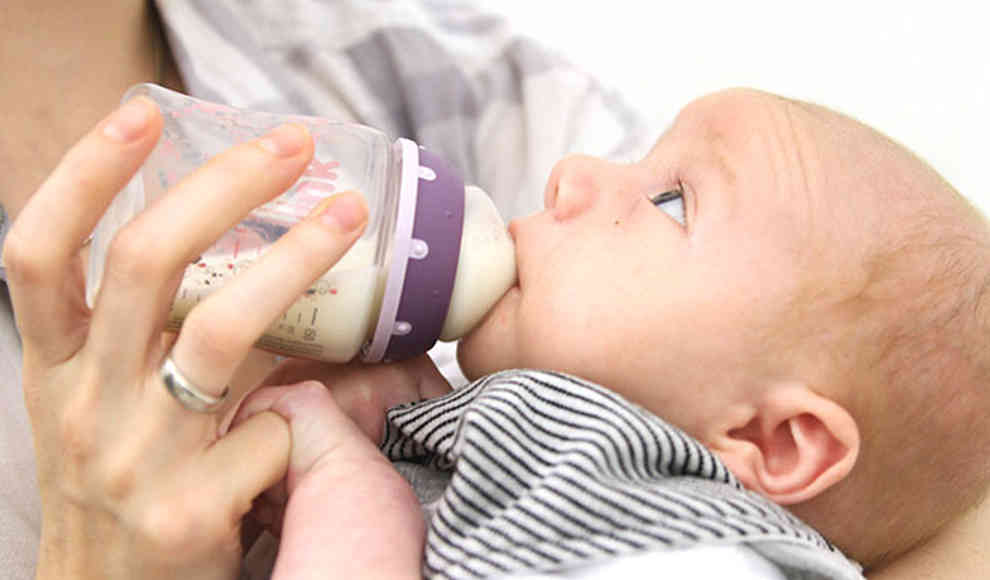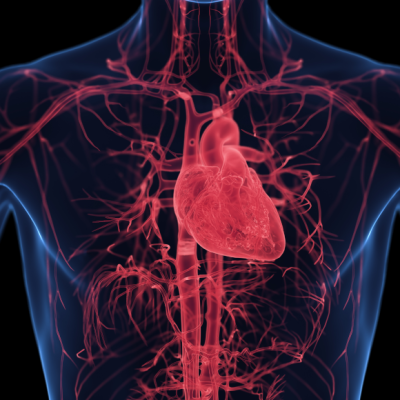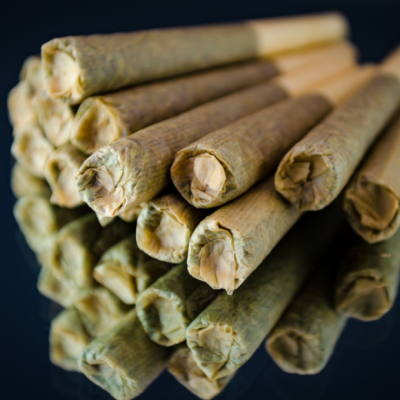The World Health Organization (WHO) recently published a report in the Lancet Oncology journal that has caused quite a stir. The report revealed that the herbicide glyphosate, produced by Monsanto, is “probably carcinogenic” and has been found in the breast milk of nursing mothers at levels almost four times higher than what is allowed in drinking water. Glyphosate is the main ingredient in the popular herbicide Roundup, which is widely used around the world. The report has sparked controversy and raised concerns about the safety of the herbicide.
The report also revealed that the glyphosate limit is 0.1 nanograms, but 16 samples showed levels between 0.210 to 0.432 nanograms per milliliter. This is particularly alarming because glyphosate was previously thought to be water-soluble, but not fat-soluble. The report also provided evidence that glyphosate can cause Non-Hodgkin’s lymphoma and lung cancer in humans. The report has caused concern for Monsanto, as the company’s product is now under scrutiny and the European Union is unlikely to renew its license at the end of the year.
However, the report’s findings differ from those of other reports, including one from the European Food Safety Authority (EFSA), which concluded that glyphosate is not carcinogenic when used properly. The EFSA argues that there is a significant difference between “potentially dangerous” and “concretely dangerous.” The report has also raised questions about the independence of the German Federal Institute for Risk Assessment (BfR), which is responsible for assessing the health risks of glyphosate. Critics argue that the BfR is influenced by the industry, as the commission responsible for assessing pesticides and their residues includes industry representatives. Despite the controversy, the best way to avoid potential poisoning is to avoid using herbicides altogether.










